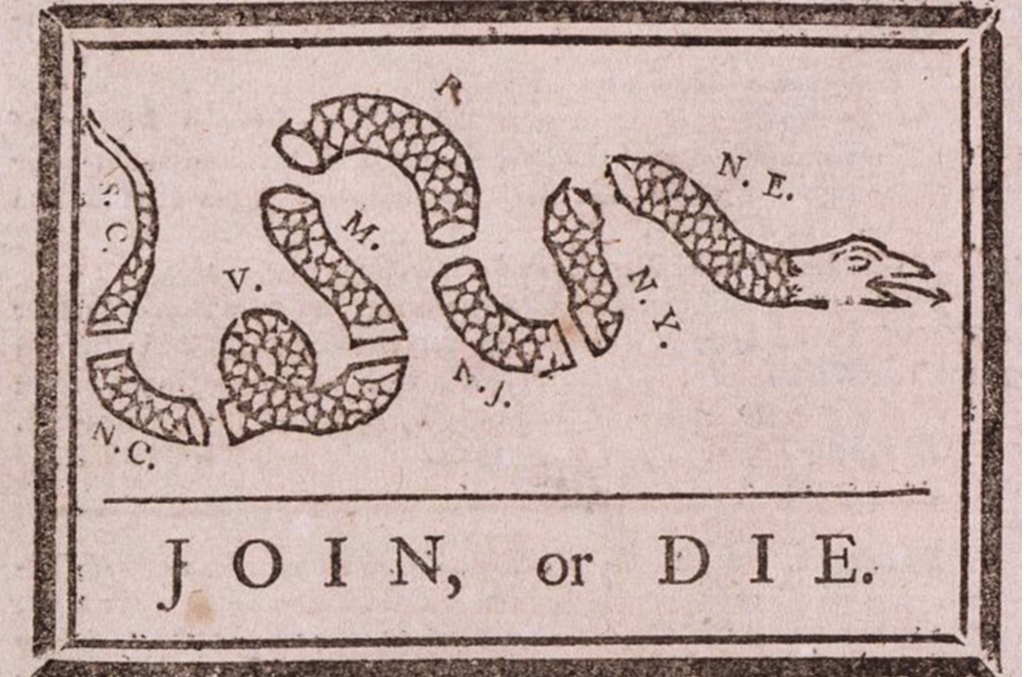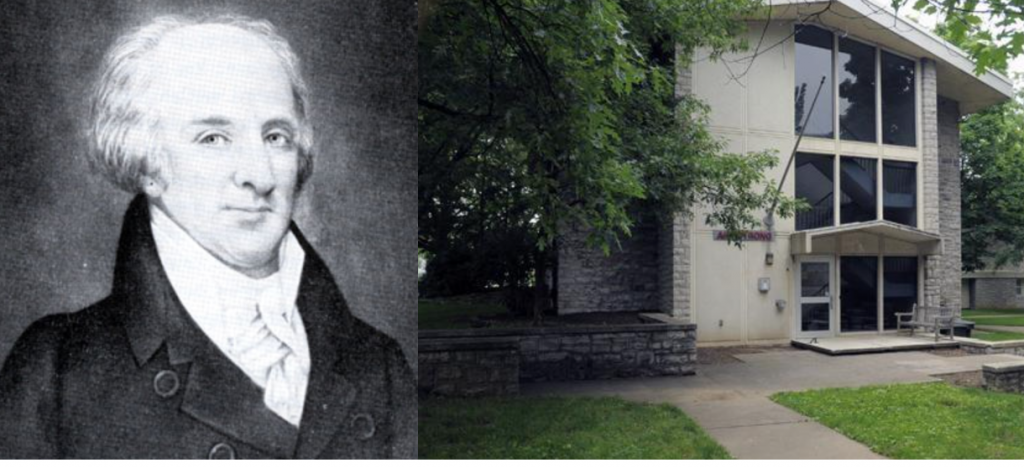Discussion Questions
- How did the evolution of American colonial society in the early 18th-century affect the military challenges confronting the British Empire?
- Which external threats loomed largest against American colonists?
Timeline
- 1754 // George Washington leads surprise attack in western Pennsylvania
- 1755 // Braddock’s Defeat
- 1756 // Global war breaks out between Britain and France and European allies
- 1756 // Lt. Col. John Armstrong’s raid at Kittanning
- 1758 // Forbes’ Expedition and capture of Fort Duquesne
- 1759 // British forces defeat French troops outside of Quebec City
- 1760 // British seize Detroit; major combat in North America ends
- 1763 // Treaty of Paris ending Seven Years’ War
- 1763 // Pontiac’s War erupts in May as Indians lay siege to Fort Detroit
- 1766 // Pontiac agrees to end conflict on western frontier
Historian Fred Anderson on French & Indian War (USAWC)
Voices from the Conflict (via American Yawp)
Extracts from Gibson Clough’s War Journal (1760):
- January the 1st. Capt. Hannears died here in the night before in which the year ended 1759, and now the year begins; but God only knows who will see the end, for death spares not any…
- [January ] 11th. One Hager of our Regiment was whipped thirty stripes for disobedience of orders….
- January 28th. A drummer belonging to Warburton’s Regiment was shot for breaking into a house and stealing a box of Soap, and for other offences he had committed, and also a private Soldier was condemned to die with him; but after having come to the place of execution, he was reprieved by the intercession of one Capt. Johnson for him. The drummer’s name was Conrey, and the other was Johnson, ye latter reprieved, also three more are to receive other punishment as whipping, the one is to have one thousand lashes, and the other two five hundred each. The aforesaid had their last trial at a general Court Martial on the 19th instant….
Alibamo Mingo speaks at gathering of Choctaw chiefs in Mobile (West Florida) in 1765:
…When I was Young the White Men came amongst us bearing abundance along with them, I took them by the hand & have ever remained firm to my Engagements, in return all my wants & those of my Warriors & Wives & Children have been Bountifully Supplied. I now See another Race of White Men Come amongst us bearing the Same abundance, & I expect they will be equally Bountiful which must be done if they wish equally to gain the affection of my people….
…I am not of opinion that in giving Land to the English, we deprive ourselves of the use of it, on the Contrary, I think we shall share it with them, as for Example the House I now Speak in was built by the White people on our Land yet it is divided between the White & the Red people. Therefore we need not be uneasy that the English Settle upon our Lands as by that means they can more easily Supply our wants.
John Armstrong and the Legacy of Kittanning
“Armstrong’s Kittanning raid should be understood and valued for what it was: a valiant effort by a badly beleaguered Pennsylvania to gain a measure of retaliation in a war that was beyond the colony’s ability to master. Indeed, the campaign’s revered position in Pennsylvania historical memory owes more to its public promotion in 1756 than to the success of the raid itself.” (Daniel P. Barr)
Names to Remember
- General Edward Braddock (British)
- Shingas (Western Delaware)
- Thomas Penn (colonial proprietor)
- Benjamin Franklin (anti-proprietary party)
- Edward Armstrong (Fort Granville)
- Captain Jacobs (or Tewea)
- Tamaqua (the Beaver) (Shingas’ brother)
- Lt. Col. John Armstrong (1717-1795)
From the Dickinson & Slavery report (2019)
[Dickinson College historian Charles] Sellers was also something of a hagiographer with figures like John Montgomery and John Armstrong. He gently mocked Captain (later Colonel) Montgomery for being “less expert” with the pen “than with the sword,” but still praised him heartily as “a rock of conservatism in religion and politics, and a successful man.” He extolled General Armstrong as “a man of sophistication and power” who “was virtually the founder and father of Carlisle,” but ignored the fact that Armstrong had also originally opposed Benjamin Rush’s plan to transform the grammar school at Carlisle into a college. Sellers praised Armstrong as “urbane,” but mentioned nothing of his slaveholding, nor any details of his brutal tactics against Native Americans during the French & Indian War. Yet we have a letter in Armstrong own handwriting describing his pride in how his men had burned out Indian families from the village at Kittanning: “As the Fire began to approach & the Smoak grew thick one of the Indian Fellows to show his Manhood began to sing. A Squa [squaw] in the same House & at the same Time was heard to cry & make a noise, but for so doing was severely rebuked by the Man, but by and by the Fire being too hot for them, two Indian Fellows and a Squa sprung out and made for the Corn Field, who were immediately shot down by our People (September 14, 1756).


